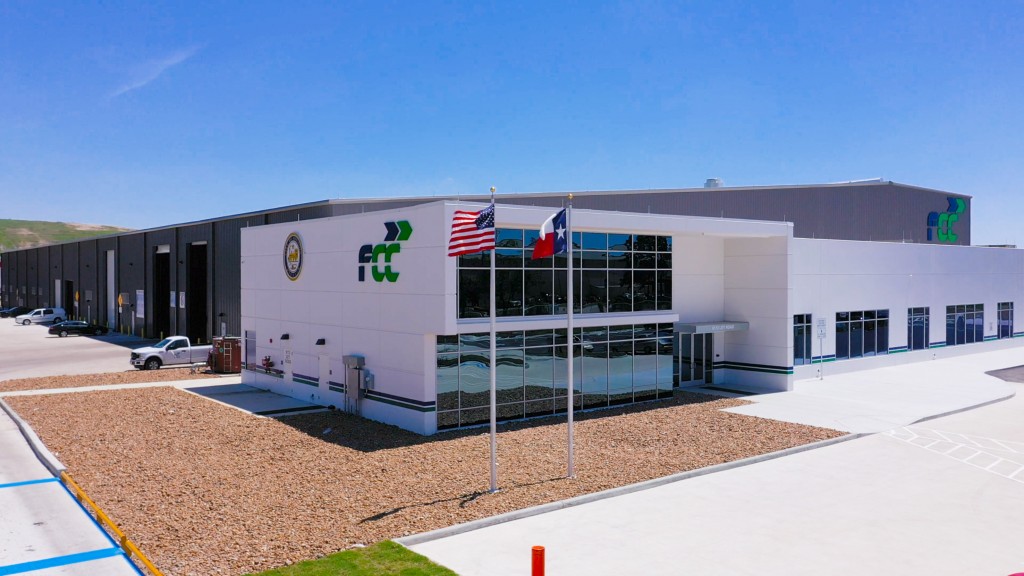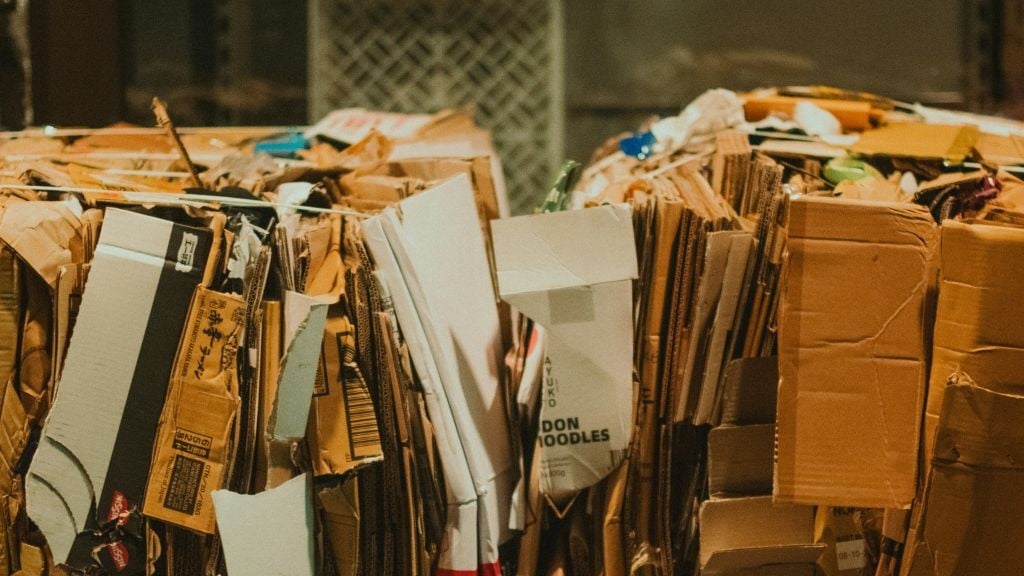FCC's new single-stream facility in Houston revitalizing neighbourhood while cleaning up contaminated stream

Running since March of this year, FCC Environmental Services has opened up a new single stream plant in Houston, TX. The plant will accept residential single stream material from throughout Houston for a minimum of 15 years. FCC has also made the city the new home of their U.S. corporate headquarters, settling into the East Houston community. The district has embraced the recycling facility as a welcome investment in an underdeveloped part of town. FCC has employed many local citizens at the site, including some from a second-chance labor provider, to really make themselves part of the local landscape.
FCC won the bid in 2018 for the City of Houston after besting several proposals from competing companies. FCC's contract saves taxpayers millions of dollars in recycling costs by coming to an agreement that ensures the city will never have to pay FCC processing costs in excess of the cost per ton of landfill disposal, even if market value of recyclables dips. FCC will also split profits with the city 50/50. The deal also expands the types of materials accepted by reinstating glass into the program after a three-year suspension on the material under the city's previous contract. Residents can throw glass into their collection bins once again, and with a state-of-the-art glass cleanup system, FCC is able to make recycled glass clean and sellable to two local glass end markets.
FCC purchased their 35tph system (including the glass cleanup system) from supplier Van Dyk Recycling Solutions, of Norwalk, CT. The system uses a combination of non-wrapping screens and 5 optical sorters to separate residential news and fiber, OCC, PET, HDPE natural, HDPE color, PP, aluminum UBC, ferrous cans, and mixed rigid plastics. All materials are baled in a Bollegraaf HBC-120S baler. The system has a 145,000 ton/year capacity, which is more than double the city's current needs.
FCC had previously worked with Van Dyk on a 2016 single stream system for the city of Dallas. That system won the NWRA's Recycling Facility of the Year Award in 2017. Houston's system is a similar concept, with some added technology such as an extra optical sorter for removing containers, trash and film from the fiber stream, and an automatic film recovery system consisting of a suction hood integrated into the TOMRA material separation housing. Houston also adds an elliptical (ballistic) separator as a final clean up device to properly prepare the container stream for the optical sorters.



